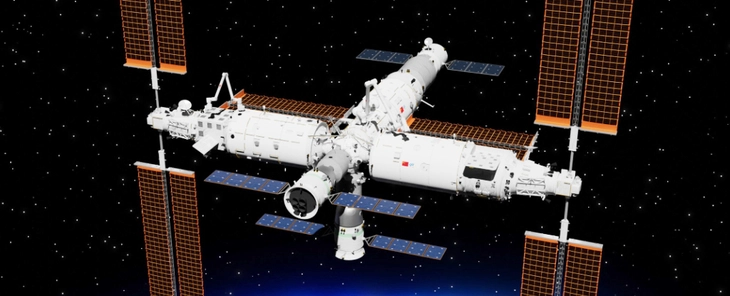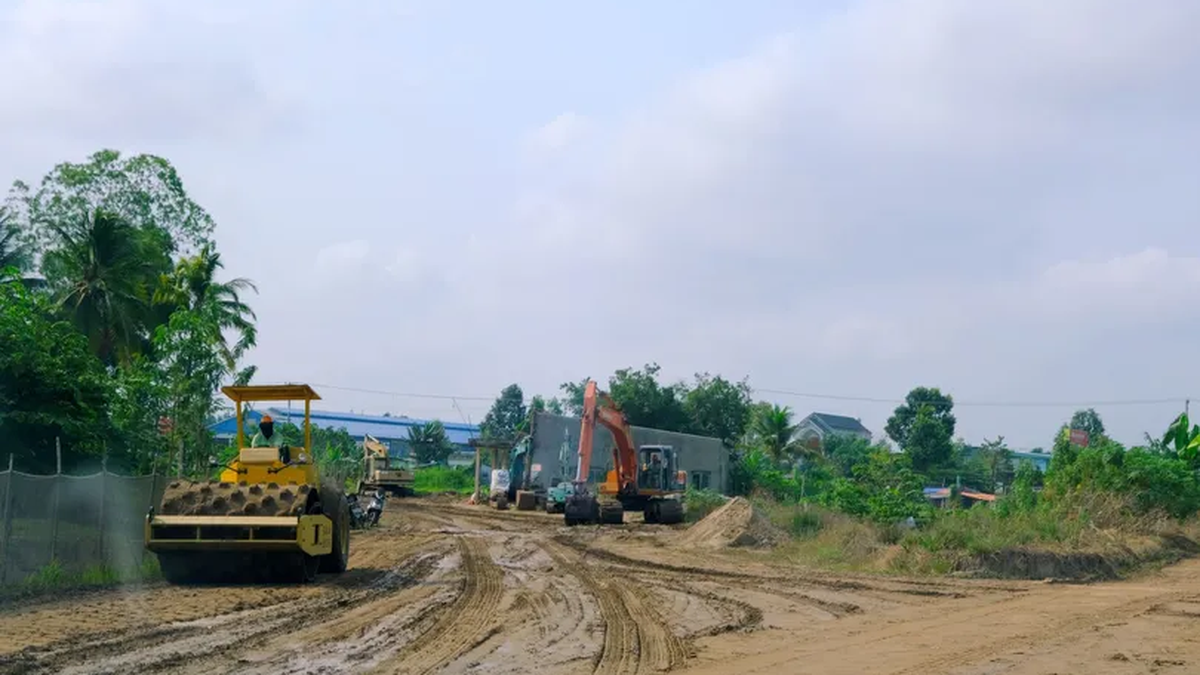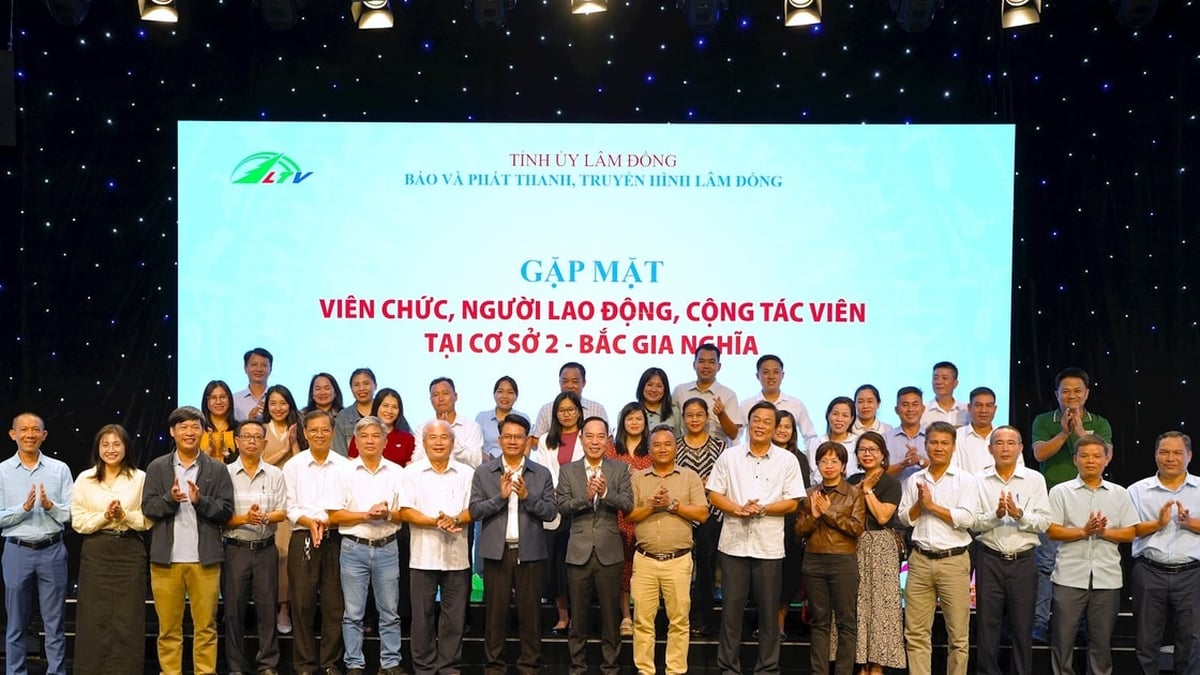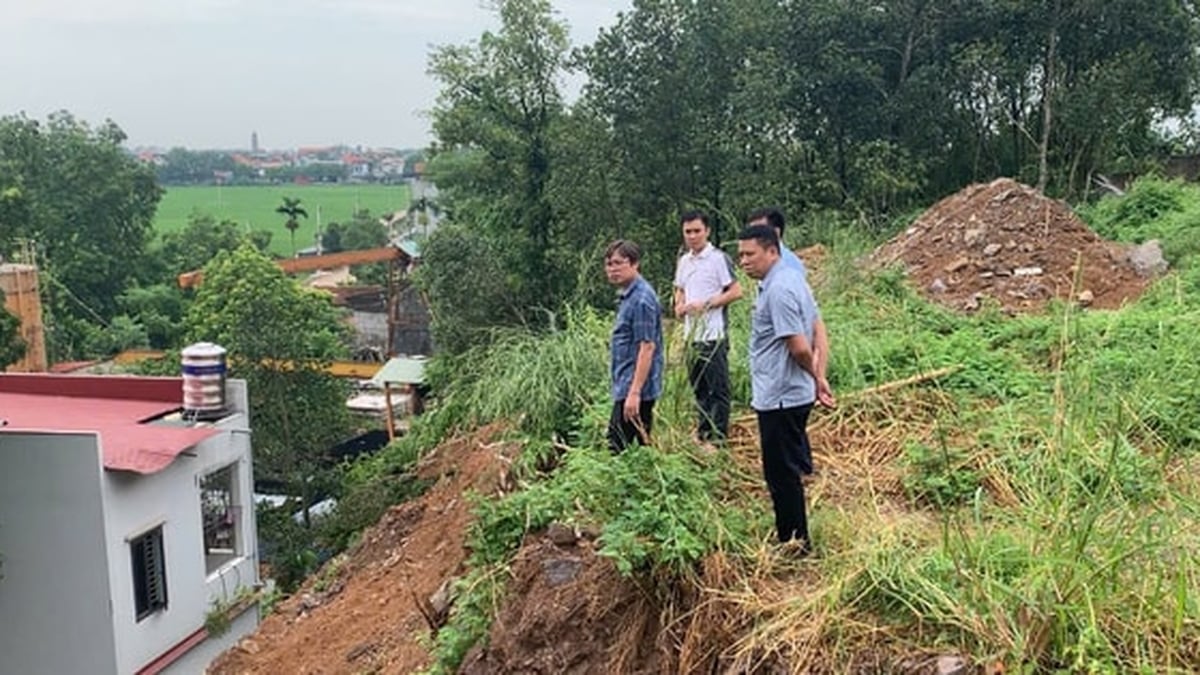
The new strain of bacteria has been named Niallia tiangongensis, after the Tiangong Space Station where it was discovered - Photo: SHUJIANYANG/WIKIMEDIA COMMONS
According to Science Alert , this strain of bacteria has properties that help it function in harsh environmental conditions.
Never-before-seen bacteria
The new strain of bacteria has been named Niallia tiangongensis, after the Tiangong Space Station where it was discovered. The Shenzhou-15 crew took samples of Niallia tiangongensis in May 2023.
The Shenzhou Aerospace Biotechnology team and the Beijing Institute of Spacecraft Systems Engineering said research on Niallia tiangongensis and similar species could be "essential" in protecting astronaut health and spacecraft function during long-duration missions.
This new strain appears to be closely related to a known strain called Niallia circulans.
This is a rod-shaped soil-dwelling bacterium that was reclassified into a new genus several years ago and was previously considered a pathogenic form of Bacillus.
Recent genetic and functional analysis suggests that the new species has a unique ability to break down gelatin as a source of nitrogen and carbon, which helps it hide when conditions become harsh. Conversely, it appears to have lost the ability to use other energy sources that its relatives eat so well.
Worry about health risks
The new findings not only show that Niallia is a diverse group of microorganisms, but also demonstrate that some strains of bacteria are easily adapted to and able to survive right in our orbital environment.
Recently, testing of the "clean room" NASA used to prepare for the Mars Phoenix mission discovered dozens of strains of bacteria belonging to 26 new species.
A recent study of new bacteria reveals their amazing ability to survive in conditions we would consider sterile, thanks to genes involved in DNA repair and resistance to substances that other bacteria would find toxic.
It is not yet known whether Niallia tiangongensis poses a health hazard to astronauts on the Tiangong Space Station.
However, their relatives, with their ability to cause sepsis in immunocompromised patients and their newly discovered ability to degrade gelatin, are considered to pose a health risk.
The study was published in the International Journal of Systematic and Evolutionary Microbiology.
Source: https://tuoitre.vn/phat-hien-chung-vi-khuan-chua-tung-biet-den-tren-tram-vu-tru-cua-trung-quoc-20250520155815744.htm




























![[Photo] National Assembly Chairman Tran Thanh Man visits Vietnamese Heroic Mother Ta Thi Tran](https://vphoto.vietnam.vn/thumb/1200x675/vietnam/resource/IMAGE/2025/7/20/765c0bd057dd44ad83ab89fe0255b783)




































































Comment (0)